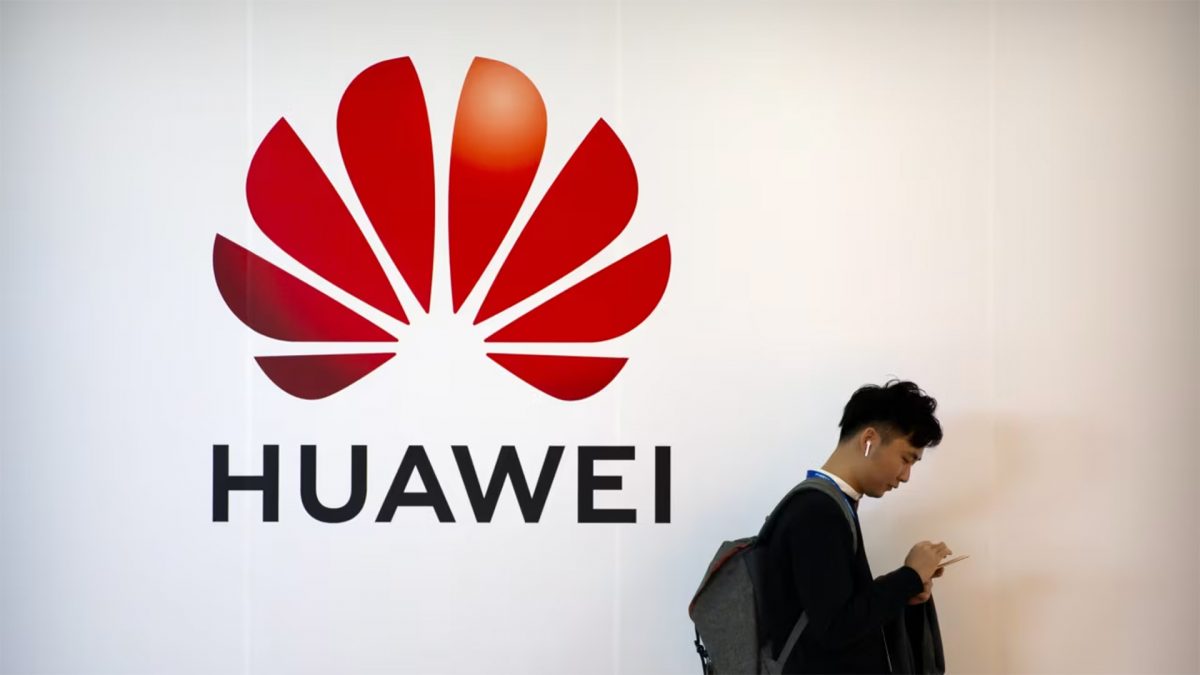After the United States warned companies against using Huawei’s Ascend chips, China has said that the Donald Trump administration had “undermined” ongoing trade truce talks with the warning.
Last week, the United States and China agreed to a truce in the ongoing trade war. They agreed to reduce tariffs by 115 per cent for 90 days. Later in the week, the Trump administration said in a statement that the usage of Huawei’s Ascend chips “anywhere in the world” would violate US export controls.
In a fresh statement on Monday, China said that it had “negotiated and communicated with the US at all levels through the China-US economic and trade consultation mechanism, pointing out that the US’s actions seriously undermined the consensus reached at the high-level talks between China and the US in Geneva”.
After the initial Chinese backlash, the Trump administration had watered down the language of the warning, saying instead that the guidance was being issued about “the risks of using PRC [People’s Republic of China] advanced computing ICs, including specific Huawei Ascend chips” — doing away with the “anywhere in the world” bit. However, this did not placate China and it asked the Trump administration to “correct its mistakes”.
Last week, the Trump administration warned about the usage of Huawei’s Ascend chips, specifically the 910B, 910C, and 910D chips. It said that “these chips were likely developed or produced in violation of US export controls”.
Impact Shorts
More ShortsAs the United States and China are locked in a competition for geopolitical and technological dominance, the United States is concerned about Chinese advancement in semiconductor technology and artificial intelligence (AI) domains. To prevent China’s rise in these domains, the United States has imposed strict export control rules that are intended to limit China’s access to technology that is essential to make advances. However, China has often found workarounds. It has also ramped up indigenous research and development and has produced advanced chips despite US export control rules.
)